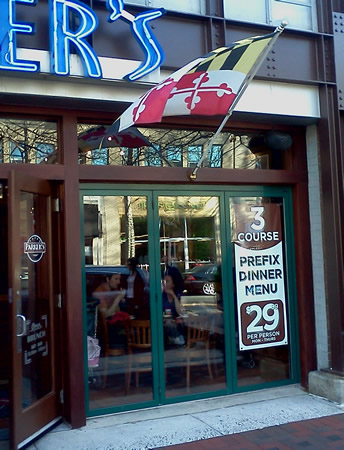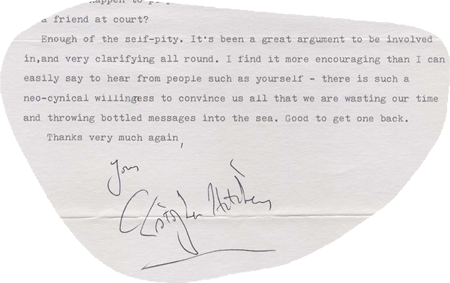To the surprise of many, Chief Justice John Roberts has saved the Patient Protection and Affordable Care Act (PPACA). Unsurprisingly, his reasoning in doing so was cockeyed. He rejected the Commerce Clause justification in support of the federal government’s authority to enforce participation in health care coverage (the so-called “mandate”), citing instead the government’s fallback position, that the penalty for not being covered by insurance can be considered a “tax,” and the federal government clearly has the authority to impose taxes.
Maybe this is just semantics. But here’s what’s cockeyed: Roberts writes that those who are not insured “are not currently engaged in any commercial activity involving health care …” Maybe the operative word for Roberts is “currently,” as in “at this very moment.” But it seems unlikely that every single uninsured person in this country uses no health care services or products, whether or not they pay for them; or that they will not require them at some point in the future, if only in the form of a final ambulance ride to an unsuccessful resuscitation at the hospital.
Judging from the muddled national “conversation” on the subject, it appears Roberts is not alone in not understanding health care—how it works in this country, and how it is failing its populace, whether or not one has health insurance. The uninsured are an unfair burden on the insured portion of the population, and the PPACA is a first step in fixing that problem. The problem of runaway costs remains, but “Obamacare” can be seen as a halting first step toward comprehensive health care reform that includes equitable cost containment. Those who wanted a single-payer solution, or the extension of Medicare to all, may yet live to see their preference enacted.
Thankfully, whatever his reasoning, Roberts upheld the product of years of painful Congressional labor, imperfect as it is. The irony is that the bone of contention—the individual “mandate” to purchase insurance—was a Republican idea. The GOP only turned against it when Obama adopted it and the PPACA showed a chance of passing. Roberts will catch hell from the right, but it will be painful only if rank hypocrisy has the power to sting.





 I started looking around for a virtual keyboard, after seeing one in action at Google Translate. Well, it turns out Windows has had on “on-screen keyboard” for several iterations of Windows as part of its suite of accessibility tools. It’s called osk.exe, and I made a shortcut to it in my taskbar.
I started looking around for a virtual keyboard, after seeing one in action at Google Translate. Well, it turns out Windows has had on “on-screen keyboard” for several iterations of Windows as part of its suite of accessibility tools. It’s called osk.exe, and I made a shortcut to it in my taskbar.
